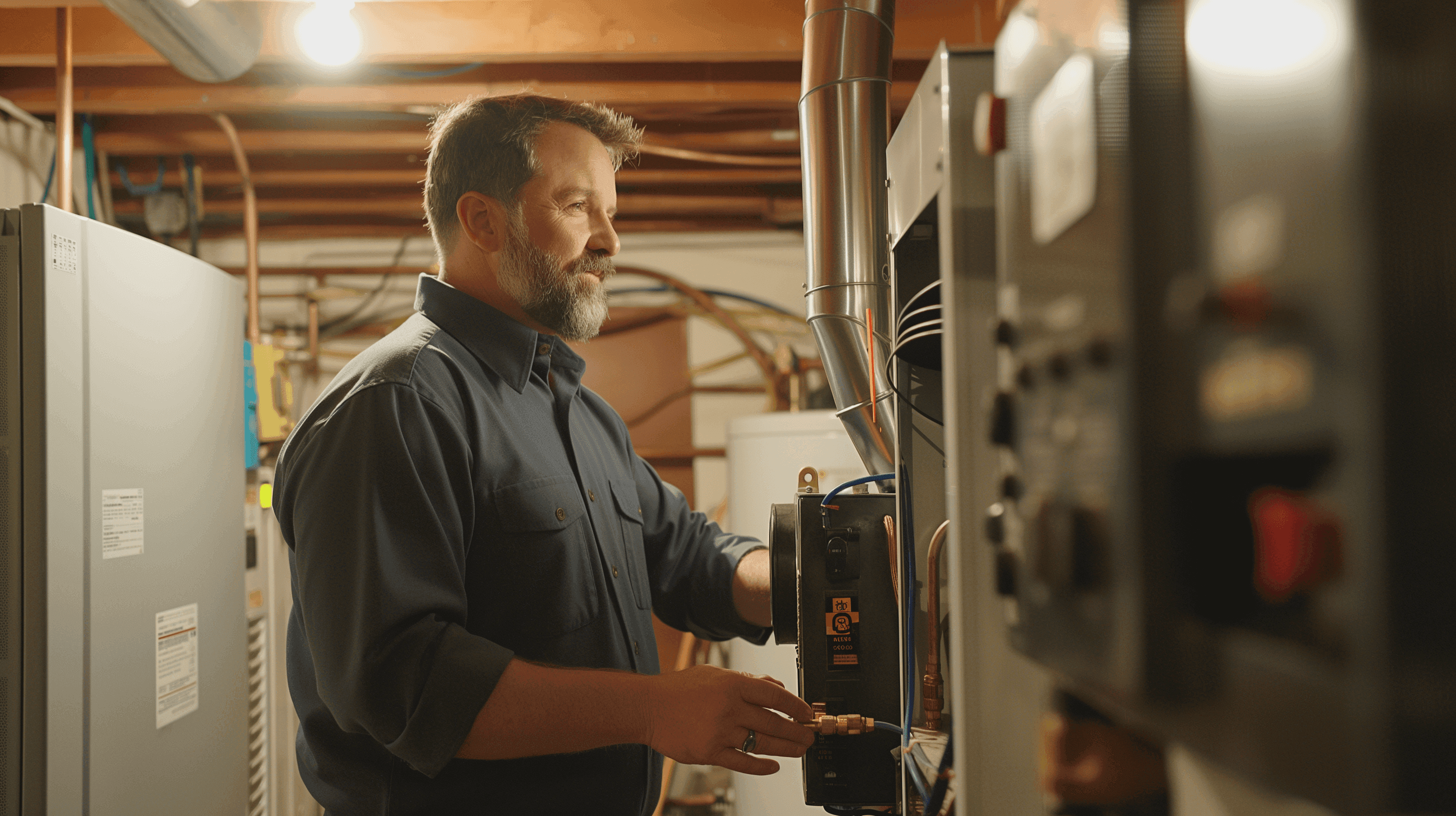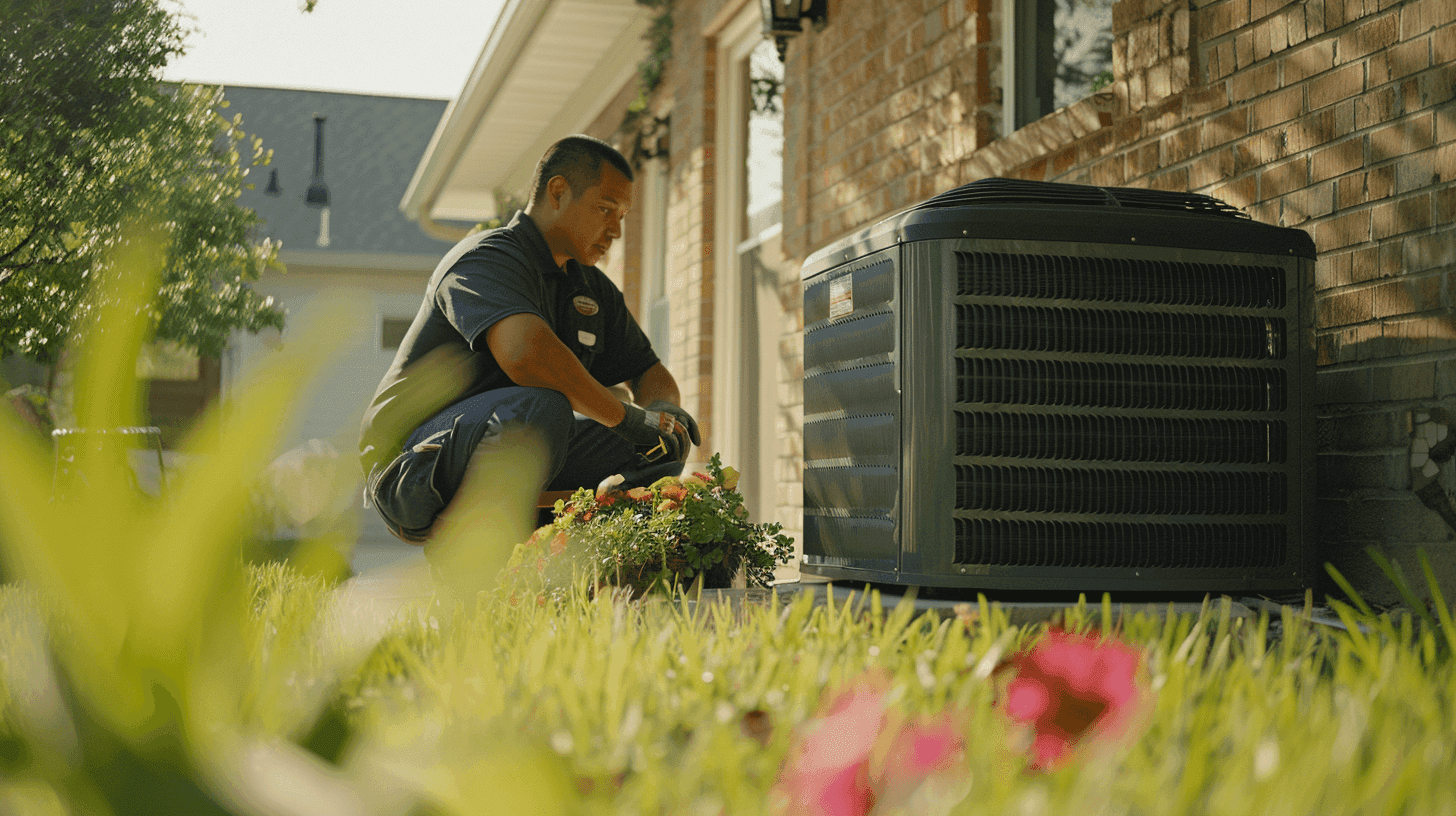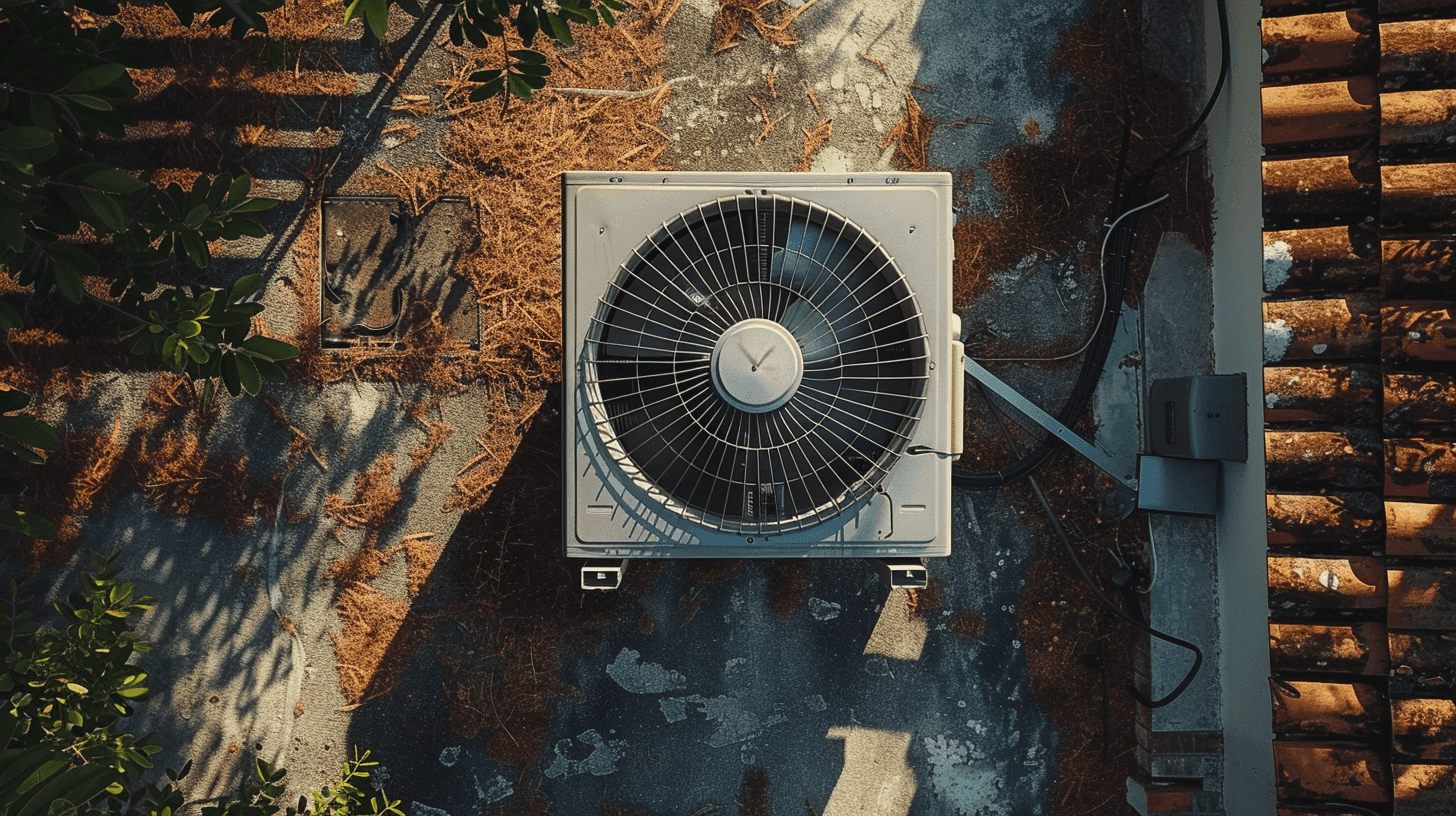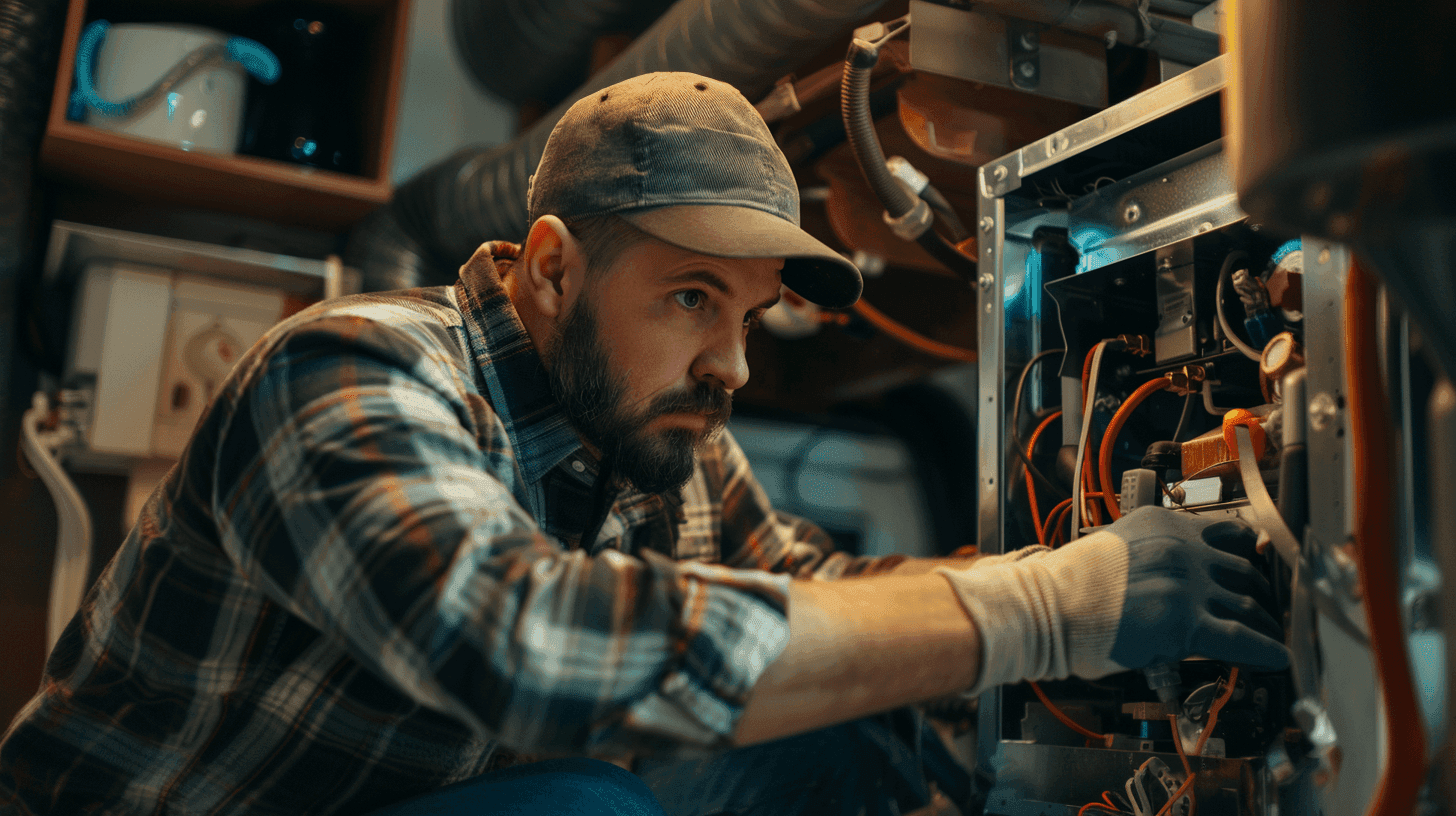
Boiler vs. Furnace: Which Is the Best Option?
Sharing your quote takes less than a minute

When deciding on a whole-home heating system, you have plenty of options, including choosing between a boiler and a furnace. Both systems are designed to distribute warmth throughout your home, ensuring comfort during chilly weather.
Boilers and furnaces employ distinct methods for heating your home. HVAC.com delves into their respective functionalities and weigh the pros and cons of each.

If you’re in the market for a new heating system, QuoteScore from HVAC.com can analyze your quotes to determine what’s good, what’s not, and recommend clear next steps. From there, you can have a more fruitful conversation with your HVAC contractor.
What Is the Difference Between Boilers and Furnaces?
Boilers are a type of radiant heating system. They use either natural gas, oil, or propane to warm water in a vessel. The water or steam (depending on your model) is then distributed to radiators throughout the home for heating.
There are several radiator styles:
- Baseboard radiators
- Large steam radiators
- Radiant floor systems

Alternatively, furnaces burn fuel to create heat and use an air handler to circulate it through ductwork. As warm air disperses through the home’s air ducts, it blows out through vents in each room, warming the space.
Furnaces can use different types of fuel including electricity, oil, and, most commonly, natural gas.

Boiler vs. Furnace: What's Average Lifespan of Each?
The typical lifespan of a boiler is around 20 years, while furnaces generally last between 15 to 30 years on average. How long each lasts depends on how you use the appliance and how well it’s maintained.
In addition to budgeting for the appliance itself, you’ll need to pay for installation. It’s easier for HVAC technicians to install a furnace than a boiler.
Furnace installation usually takes a few hours, whereas installing a boiler can span multiple days. Consequently, boiler installation tends to incur significantly higher costs.
Both boilers vs furnaces should have annual tune-ups to keep them running effectively which involves a small expense.
Boiler vs. Furnace Efficiency
Boilers are usually more fuel-efficient than furnaces. In turn, your monthly power bill will probably be less with a boiler.
Boilers and furnaces are both rated for Annual Fuel Utilization Efficiency (AFUE). AFUE measures the fuel efficiency of your heating appliance. A heating appliance with an AFUE of 90% wastes 10% of its fuel and uses 90% to heat your home.
The higher the AFUE rating, the more efficient your boiler or furnace is. When shopping for a boiler or furnace, you can directly compare their efficiency by looking for the AFUE rating.
According to Energy.gov, a high-efficiency heating system has an AFUE of 90-98.5 percent.

Which Is Better? Boiler vs. Furnace
In the United States, boilers are not currently widely used for home heating. They are predominantly found in older homes, particularly in the northeastern region.
Adapting your home for a boiler can be costly and inefficient unless you have an existing radiant heating system.
However, boilers can be beneficial in certain situations.
Boiler Pros and Cons
| ✅ Pros | ❌ Cons |
|---|---|
| Heats more evenly and gradually | Noisy when water is heating up |
| Lasts longer than a furnace | Costs more than a furnace |
| Doesn’t blow dust | Complicated installation |
| Low maintenance | Requires existing radiant heating elements |
| Runs more efficiently than a furnace | Pipes may freeze in extreme weather |
Furnace Pros and Cons
Most homes today are built with ductwork; so, a furnace is a logical choice for heating them. But if you’re starting from scratch, consider these potential benefits and drawbacks.
| ✅ Pros | ❌ Cons |
|---|---|
| Less expensive than a boiler | Blows dust, impacting air quality |
| Easier to install than a boiler | Requires more maintenance |
| Saves space compared to a boiler | Less efficient than a boiler |
| No water pipes or leaks to worry about | Shorter lifespan than a boiler |
The Bottom Line: Furnace vs. Boiler
Though boilers have some compelling benefits, we don’t recommend installing one unless your home already has a radiant heating system. We find radiant heating installations expensive and cumbersome, even if you’re building a new home.
Heating via ductwork with a furnace is preferable in most scenarios. We recommend an electric furnace if your home has appropriate hookups. As the utility grid becomes more sustainable and we move towards decarbonization, electric appliances will be the most efficient option.
Sharing your quote takes less than a minute




